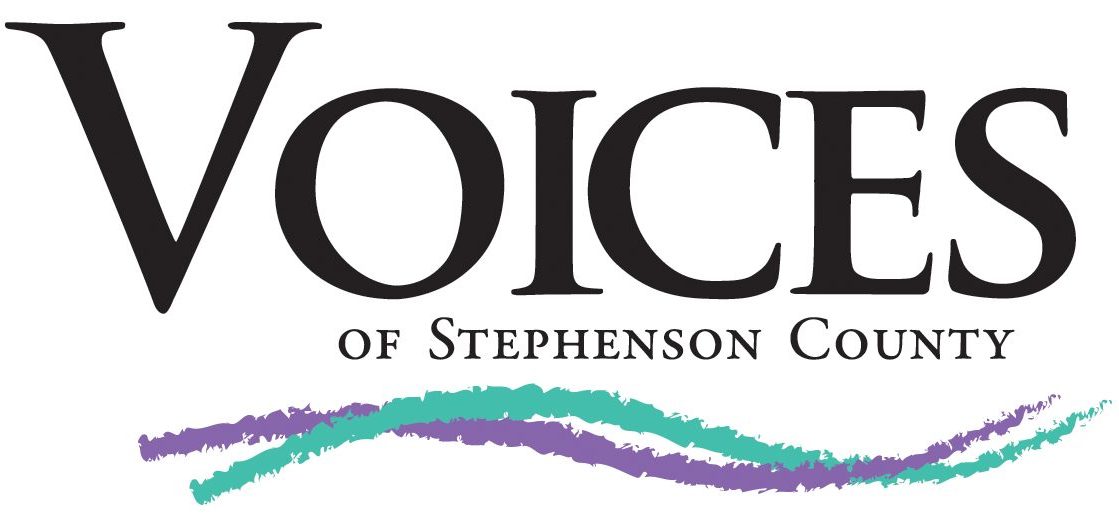Definition
Elder abuse or abuse of an adult with a disability is a single or repeated act or lack of appropriate action, occurring within any relationship where there is an expectation of trust which causes harm or distress to an older person or the individual with a disability.
Adult Protective Services assists older individuals and those ages 18-59 with disabilities who are being abused or neglected and cannot report for themselves.
Types of Abuse
Hitting, beating, kicking, burning, cutting, etc.
Touching, fondling or any sexual activity where the person does not understand or give consent.
Verbal assaults, threats of abuse, harassment, or intimidation.
Misusing or withholding a person’s resources to take advantage of the individual and profit the abuser.
Failure to provide an individual with the necessities of life including, but not limited to, food, clothing, shelter, or medical care.
An individual failing to properly care for themself.
Restraining or isolating a person for other than medical reasons.
Indicators
The individual stops participating in activities they enjoy. They have hazardous, unsafe or unclean living conditions. They display signs of trauma, like rocking back and forth. They become withdrawn or act agitated or violent.
The individual looks messy with unwashed hair or dirty clothes. They have trouble sleeping. They lose weight for no reason. The individual has unexplained bruises, burns, cuts or scars. They have broken eyeglasses/frames or physical signs of punishment or being restrained such as marks around the ankles or wrist. They have developed bed sores or other preventable conditions.
The individual lacks medical aids like glasses, walker, hearing aids or medications. They have an eviction notice for unpaid rent, notice of late mortgage or home eviction. They display signs of insufficient care or unpaid bills despite adequate financial resources. They have hazardous, unsafe or unclean living conditions.
The individual reports being sexually assaulted or raped. Bruises around the individual’s breasts or genital area. Torn, stained, or bloody underclothing from the individual. Unexplained vaginal or anal bleeding in the individual. Unexplained venereal disease or genital infections in the individual.
Reporting
If you or someone you know are in immediate danger, call 911 – they will dispatch assistance to you.
Otherwise, call VOICES office at 815-235-9421 or the Senior Resource Center at 815-235-9777 to report the abuse. If the person lives in a long-term care facility or a home for individuals with developmental disabilities, the incident should be reported to the state of Illinois’ Long Term Care Ombudsman Program by calling 800-369-0895.
More information is available under Services for You.
